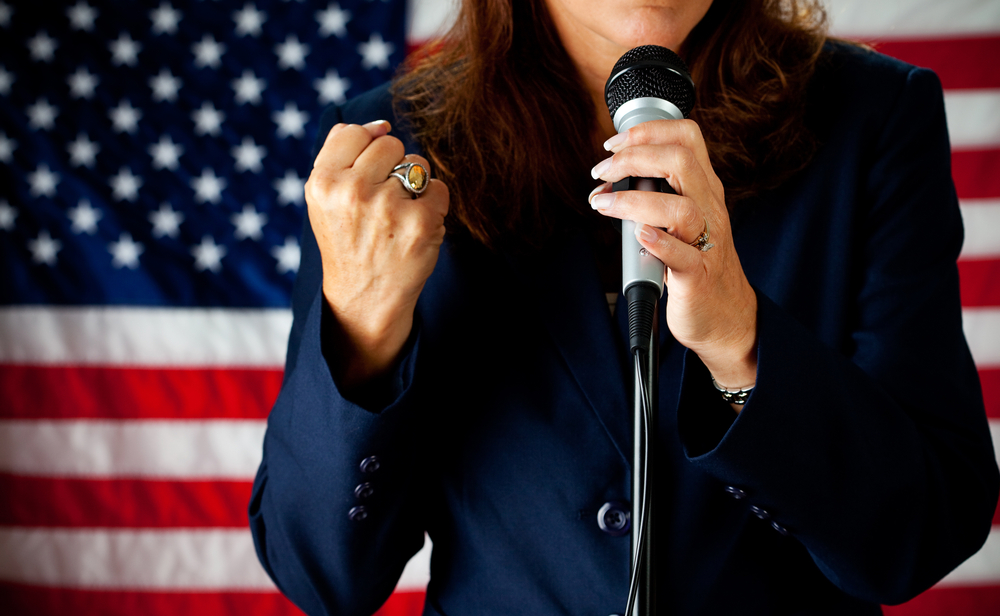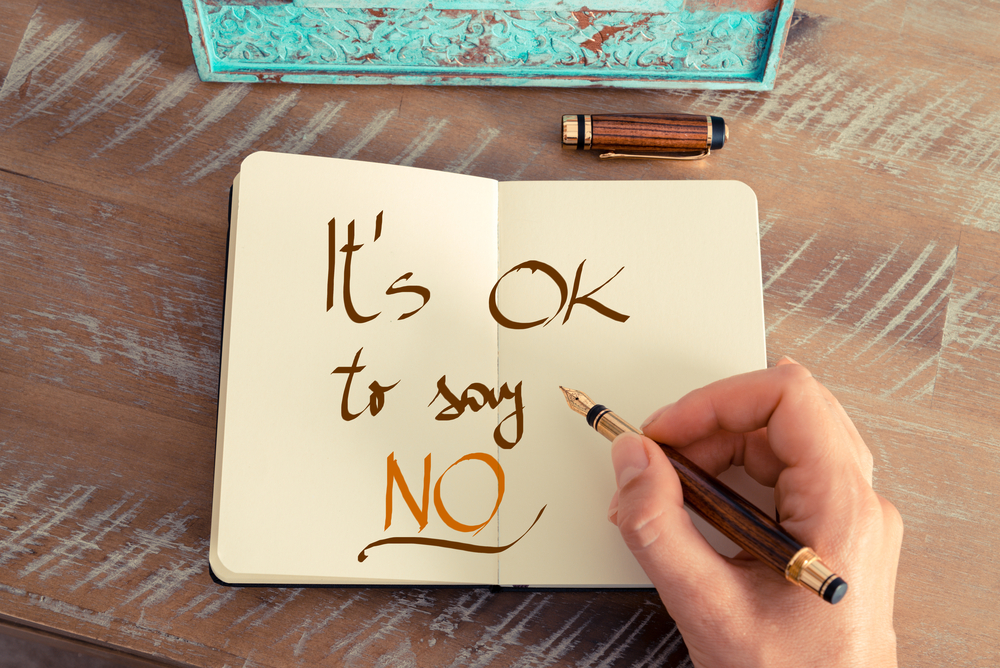When you think about women in politics, what comes to mind? Perhaps it’s a handful of familiar names—trailblazers who defied odds to make their mark in a male-dominated sphere. But let’s be honest: those names are still too few. Today, we’re going to talk about why the world desperately needs more women in politics, how far we’ve come, and the hurdles that still need crossing. Let’s dive in.
A Seat at the Table
Politics has long been viewed as a man’s world. For centuries, women were confined to the sidelines, with their opinions dismissed and their potential underestimated. But here’s the catch: societies with more women in politics have been proven to thrive. Why? Because diverse representation brings richer perspectives and better decision-making. The fact that we’re finally seeing women stepping up and demanding a seat at the table is not just a win for gender equality but a win for democracy itself.
Why Representation Matters
Have you ever noticed how policies sometimes overlook key issues affecting women? That’s no coincidence. When women in politics are underrepresented, so are the concerns of half the population. Think about maternity leave, access to healthcare, or education for girls—many of these issues gained traction only because female leaders fought for them. Greater female representation ensures that the political agenda reflects the real needs of society, making governments more inclusive and effective.
The Numbers Speak
Globally, the statistics are improving, but they’re far from ideal. Women hold just about 26% of parliamentary seats worldwide—a significant leap from a few decades ago, but nowhere near parity. So what’s stopping more women in politics from stepping into these roles? It’s not a lack of talent or ambition. It’s systemic barriers, social biases, and a lack of institutional support.
Breaking Barriers
Let’s talk about the barriers for a second. A lot of women face opposition, right at home. How many times have we heard, “Politics isn’t for women”? And if they do enter the field, women in politics are often judged more harshly than their male counterparts. Their qualifications are scrutinized, their personal lives dissected, and their appearances critiqued.
The key to changing this narrative is education and awareness. We need to challenge stereotypes and show young girls that leadership isn’t just for men. It’s high time politics became an even playing field.
Role Models Make a Difference
Let’s take a moment to celebrate the remarkable women in politics who inspire us. From Jacinda Ardern in New Zealand to Angela Merkel in Germany, these leaders have shown the world that compassion, resilience, and intelligence can change the game. Closer to home, women like Indira Gandhi and Sushma Swaraj have left indelible marks on India’s political landscape.
Role models play a pivotal role in encouraging more women to step into politics. When girls see women in leadership, it ignites a belief that they, too, can lead. That’s why it’s crucial to amplify the achievements of female politicians, especially in regions where their presence is minimal.
Creating a Supportive System
It’s not enough to simply encourage more women in politics; we need to create an environment that supports them. This means introducing policies like quotas to ensure a certain percentage of parliamentary seats are reserved for women. While controversial, quotas have proven effective in countries like Rwanda, where women hold over 60% of parliamentary seats—the highest in the world.
But let’s not stop at quotas. Mentorship programs, funding for female candidates, and campaigns to combat gender bias in media coverage are just as important. After all, it’s not just about getting women elected; it’s about empowering them to thrive once they’re in office.
The Intersectionality Factor
When discussing women in politics, it’s important to recognize that not all women face the same challenges. Intersectionality—a term coined by Kimberlé Crenshaw—reminds us that factors like race, class, and sexual orientation can compound the barriers women face.
For example, a wealthy, urban woman might find it easier to enter politics than a woman from a rural or marginalized community. Addressing these disparities is critical if we want to see true diversity in leadership.
Changing the Conversation
Have you noticed how male politicians are rarely asked about their parenting responsibilities, while women in politics face that question all the time? This double standard needs to go. Society needs to start judging leaders by their policies and performance, not by their gender or personal lives.
Media plays a massive role here. By focusing on substance over style, and by giving equal visibility to female candidates, journalists can help normalize the idea of women in leadership.
What You Can Do
Here’s where you come in. Yes, you! Increasing women in politics isn’t just the responsibility of governments or political parties; it’s something we all need to push for. Support female candidates in elections, challenge gender stereotypes, and teach the next generation that leadership knows no gender.
And don’t forget the power of conversation. Talk about the importance of female representation with your friends, family, and community. Change starts when people start questioning the status quo.
The Future is Female (and Male)
Ultimately, increasing women in politics isn’t just about empowering women; it’s about creating a balanced and fair society. When men and women lead together, the world becomes a better place.
The journey is far from over, but every step counts. From voting for female candidates to mentoring young women with political aspirations, we all have a role to play in building a future where leadership truly reflects the people it serves.
So, let’s keep the conversation going. Let’s celebrate the progress we’ve made and push for the changes still needed. Because when it comes to women in politics, the sky is not the limit—it’s just the beginning.





